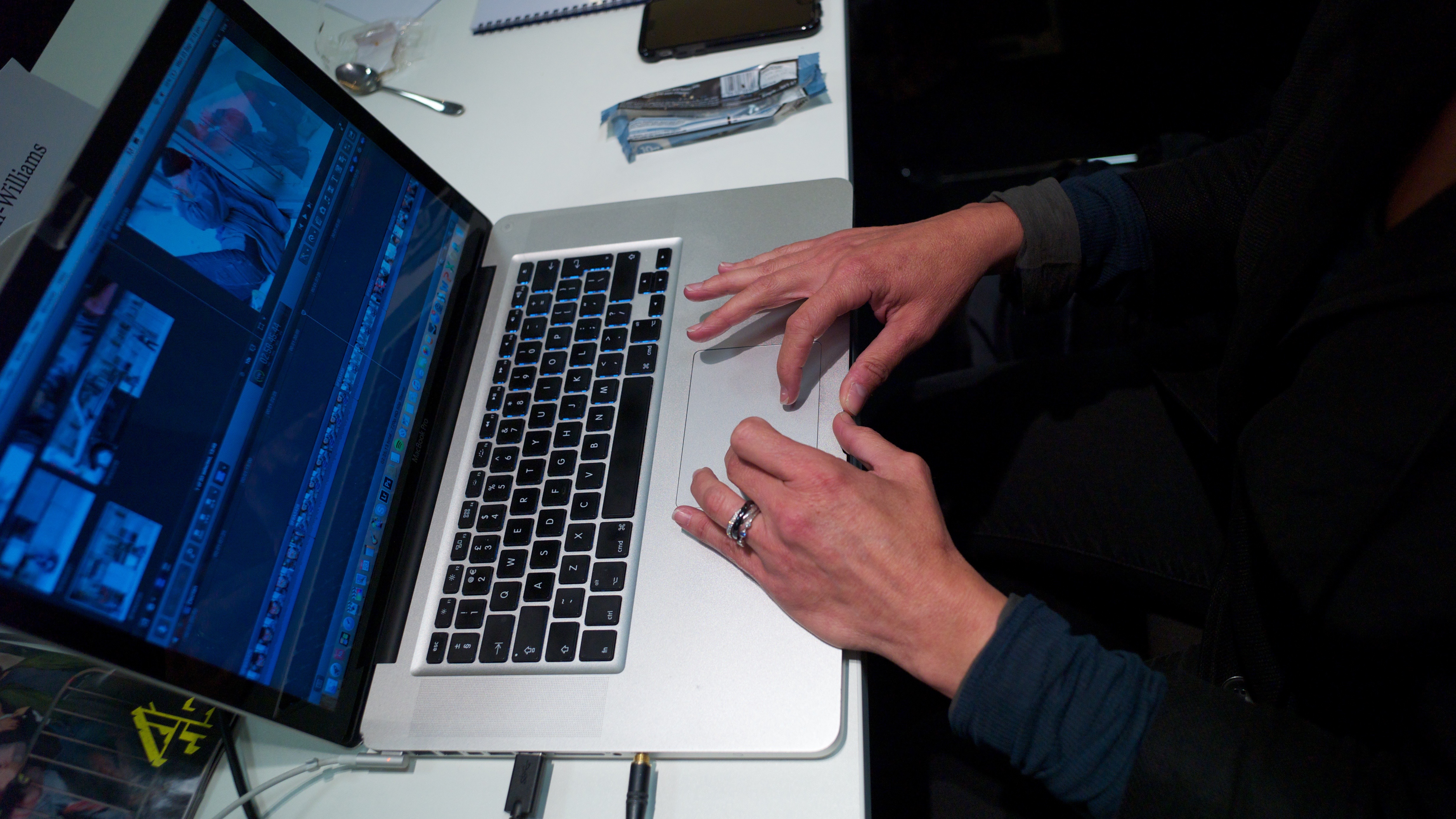
We all make mistakes when we're starting out learning to edit. Making mistakes is one of the best ways to learn because it cements into you good practices and helps you find your best workflow.
Here are some common mistakes that beginners make and how to avoid them from Aputure:
Learning to edit is like learning a new language. It takes time and most importantly practice. Here are some of the common pit-falls that are covered in the video above:
Naming your exports is important when dealing with a client. For your own organizational purposes (and sanity) you should have a consistent naming convention so that you can keep track of versions and easily coordinate with your clients. Also, don't name a project final because chances are, it's not.
If you are reframing and resizing for social media you can always do it for the whole project, but that may have some unintended consequences for how your video looks on various platforms. However, it's better to go clip by clip and adjust the aspect ratio.
Be careful using transitions and music in your videos. While most editing softwares come with a ton of built in transitions, you should be careful using them to make sure they don't distract the viewer from the story, and that they have an editorial purpose. As for music, you should be careful not to use music for the entirety of your video (what we call wall paper music) and you should also be careful not to use any music that is copyright protected.
Lastly, learn the keyboard shortcuts and tricks for your software. We have lessons showing you some of the best shortcuts and tricks for Final Cut, Premiere Pro, and iMovie for iOS.
For more, check out our Common Editing Issues Course.


